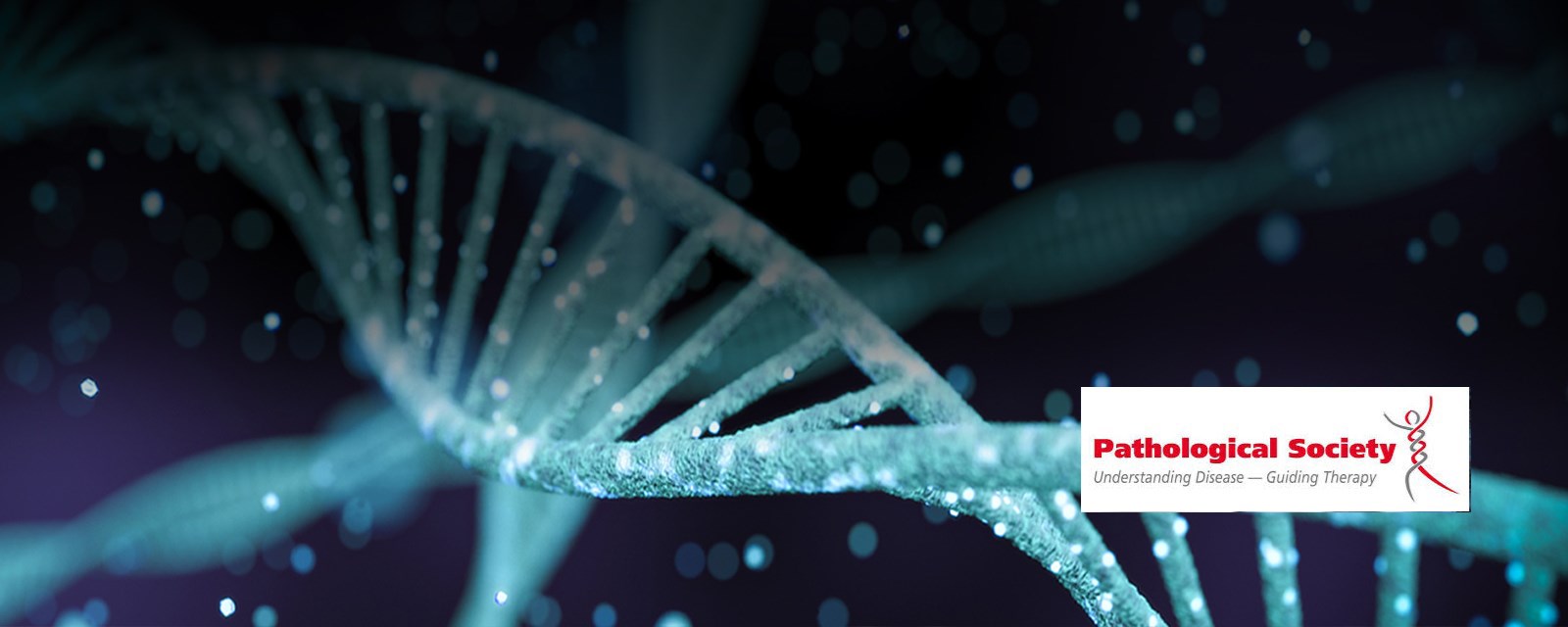
Reciprocal clubs
As an RSM Member, not only can you enjoy our club facilities, you also have access to a network of 50+ reciprocal clubs around the world. Located in five different continents, why not take advantage of these clubs on your next holiday or business trip?

